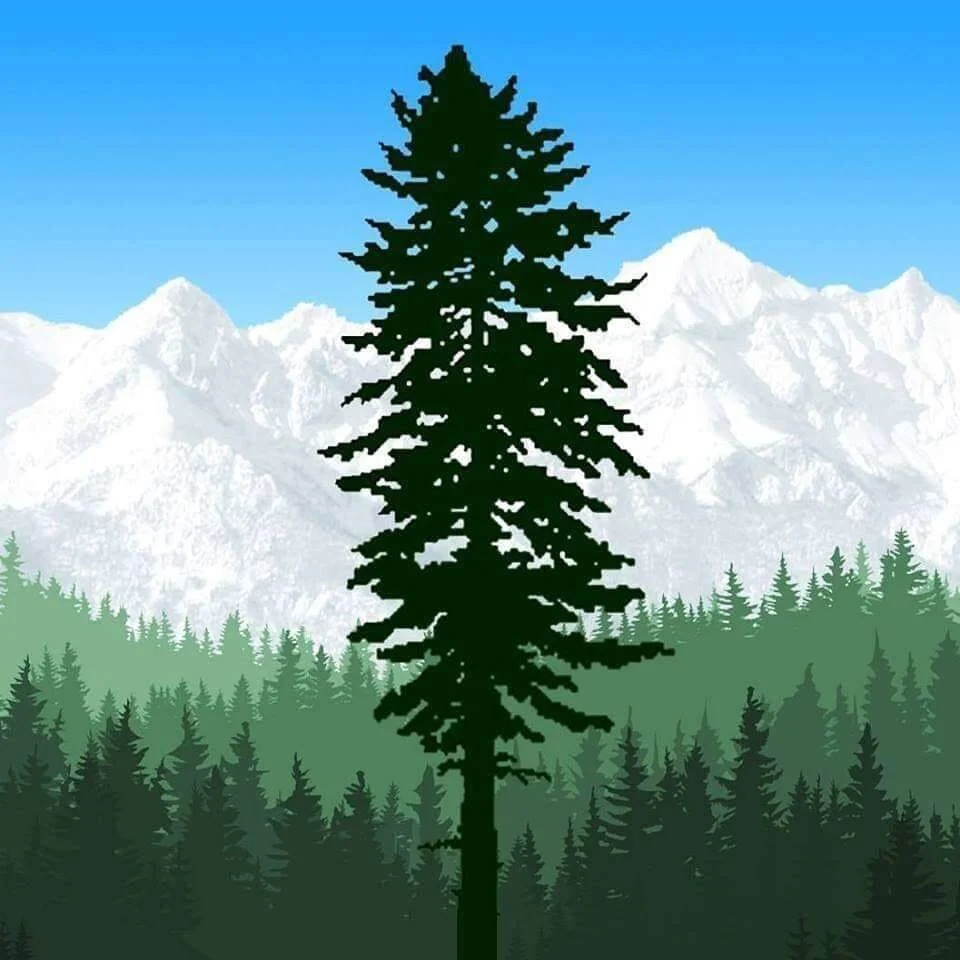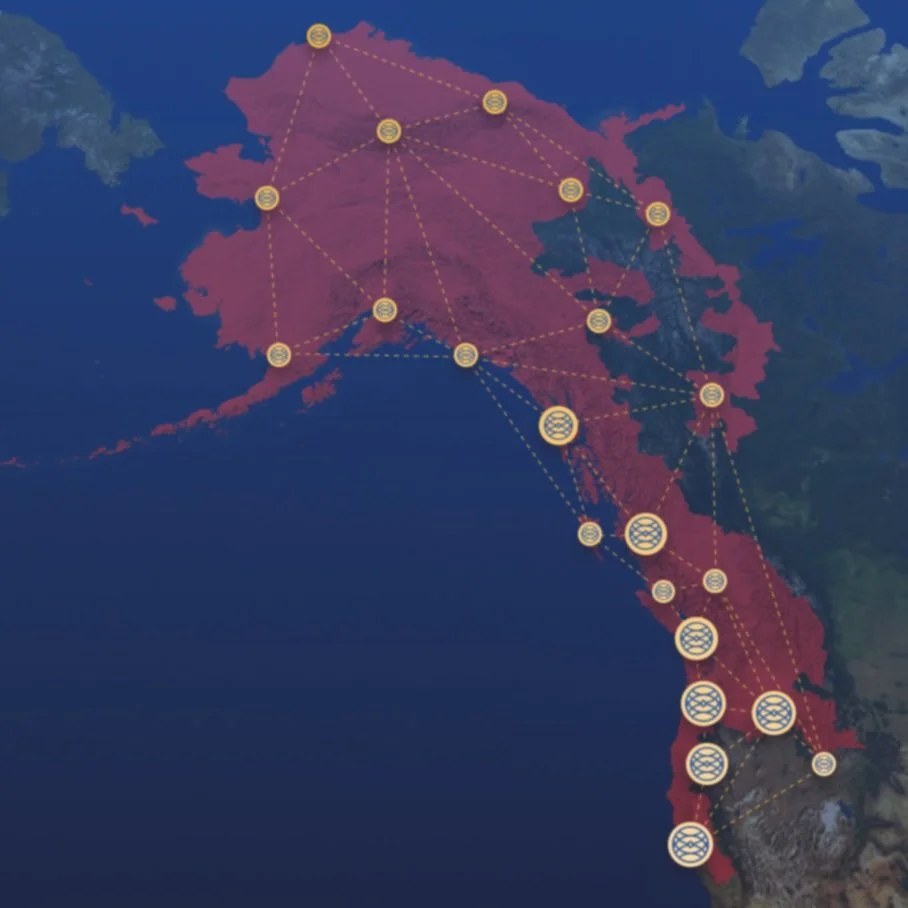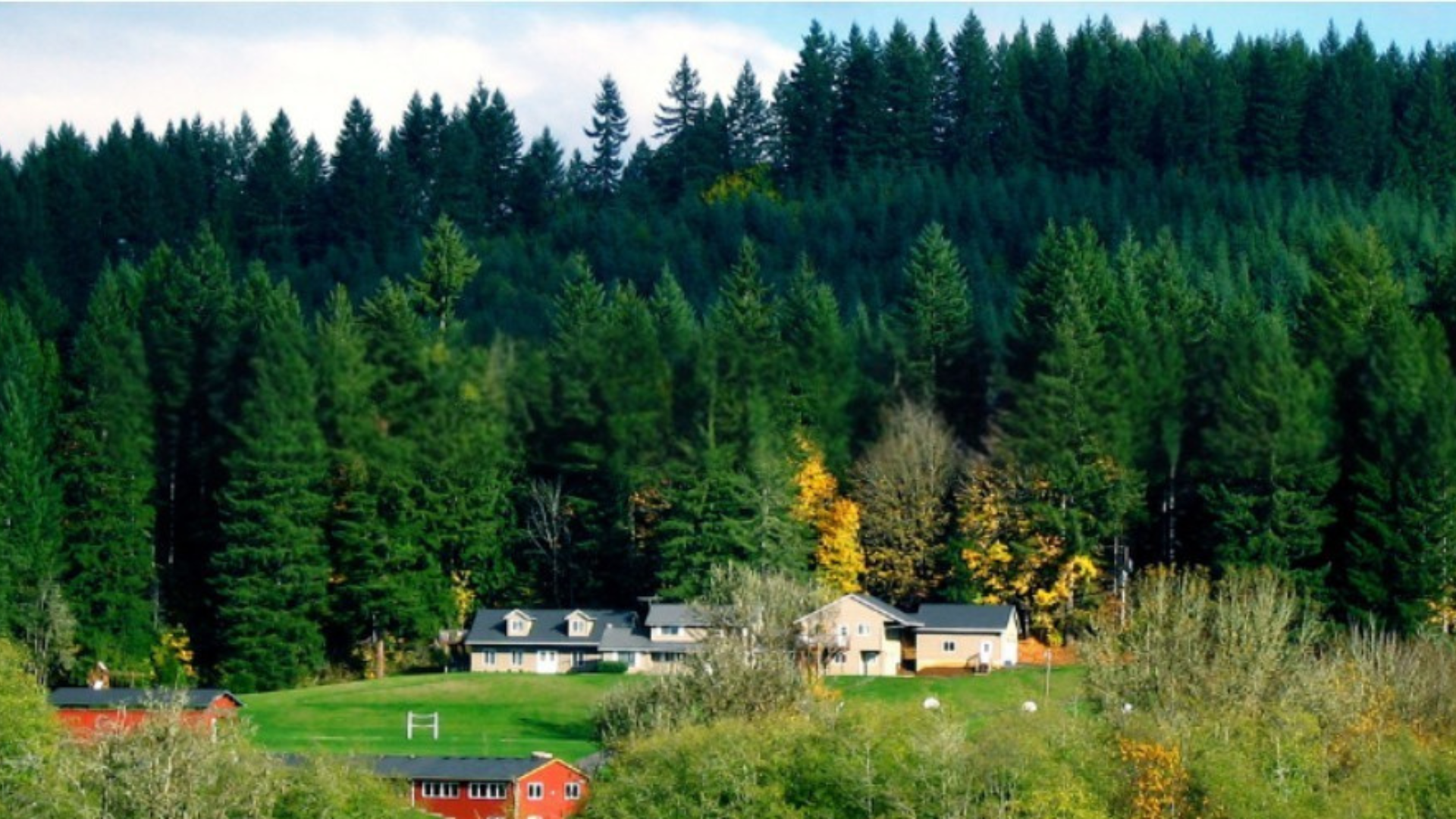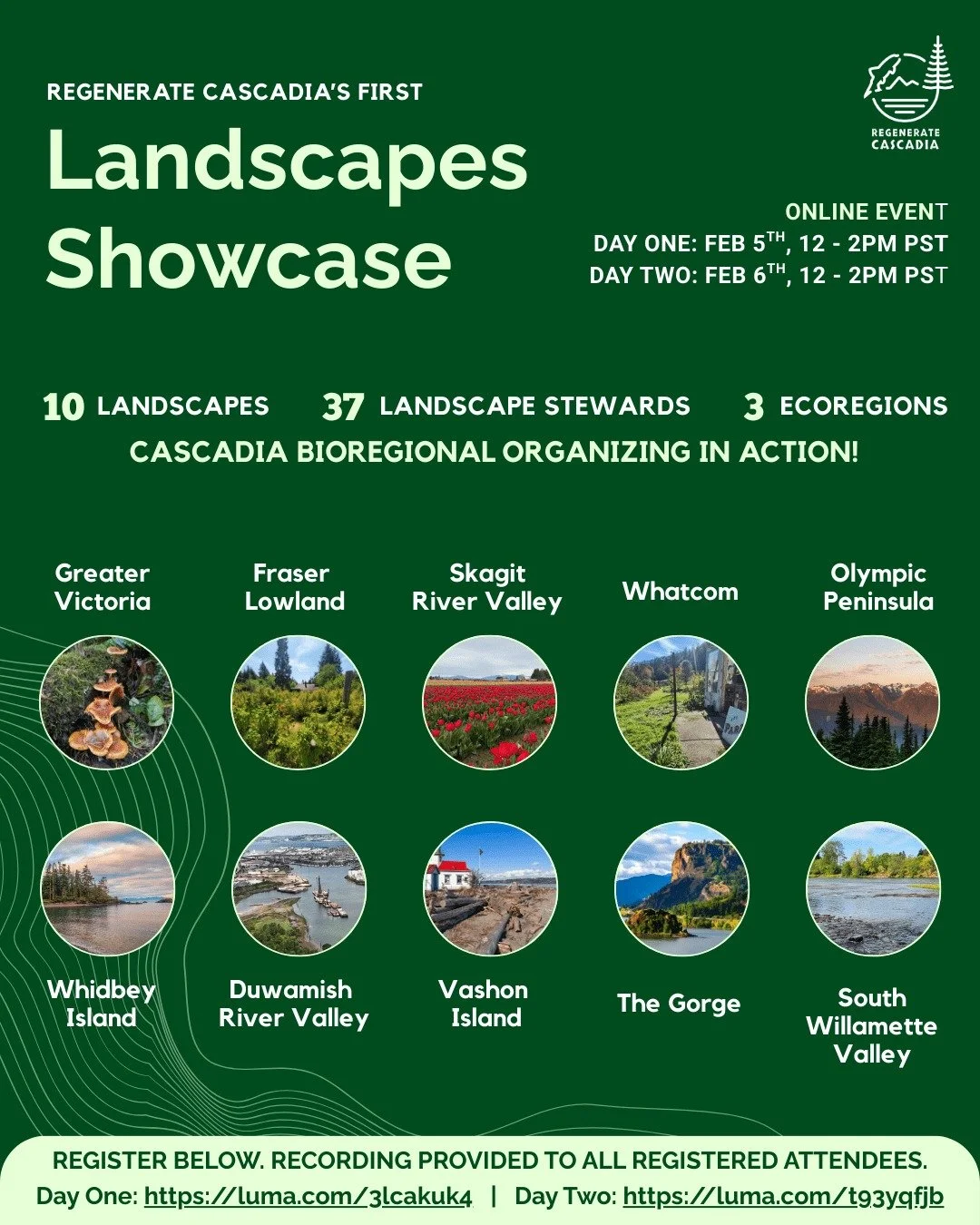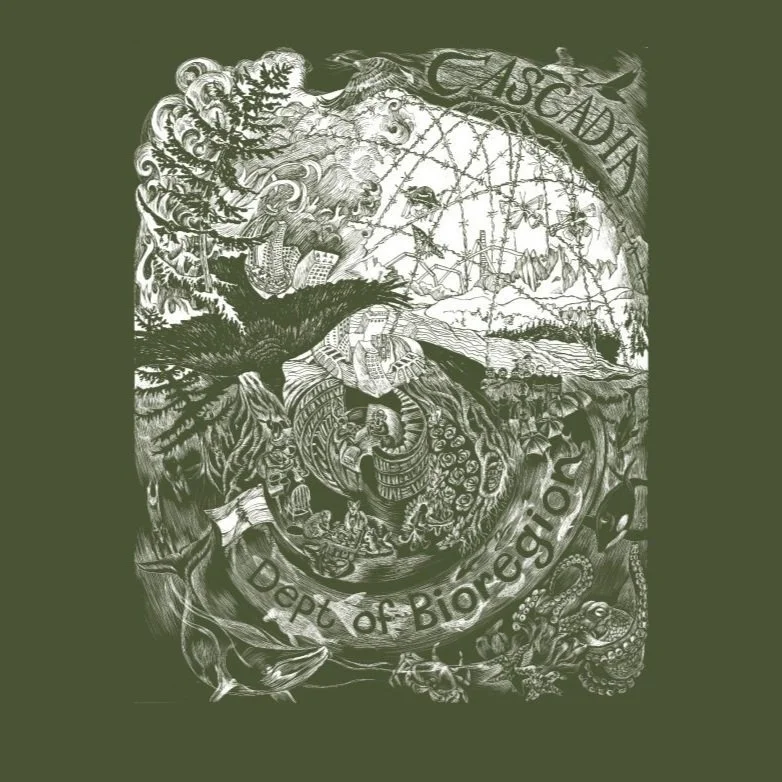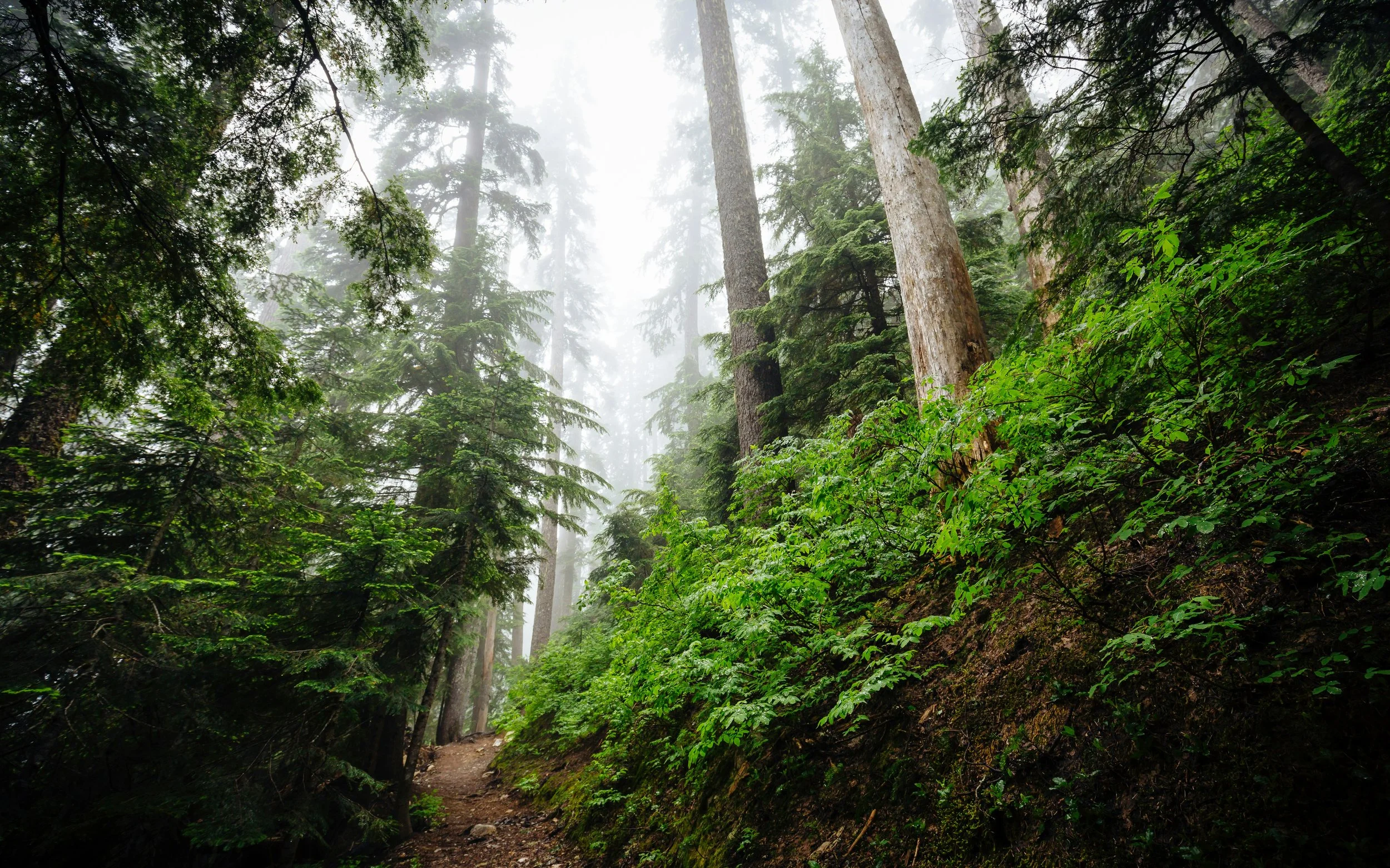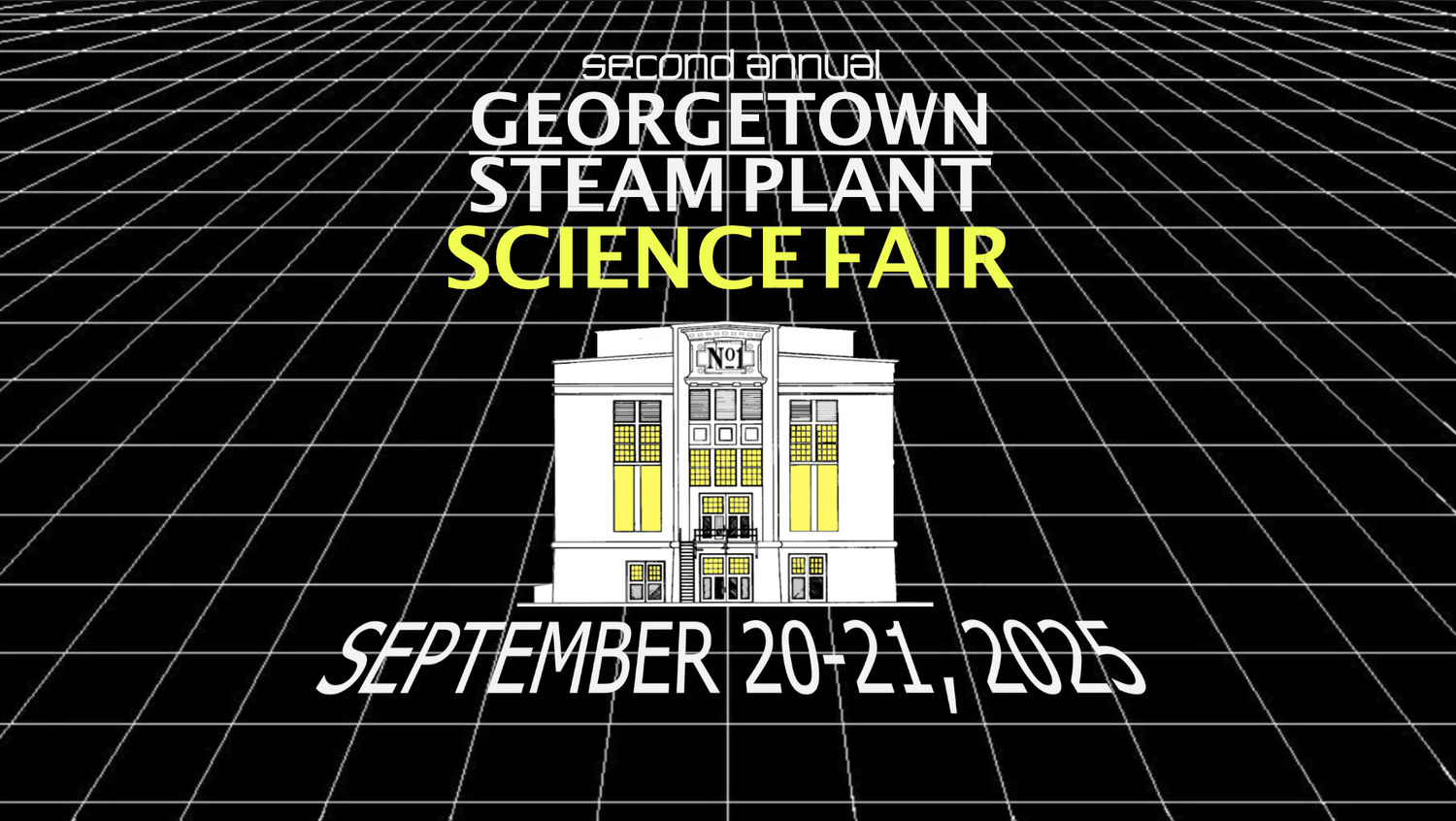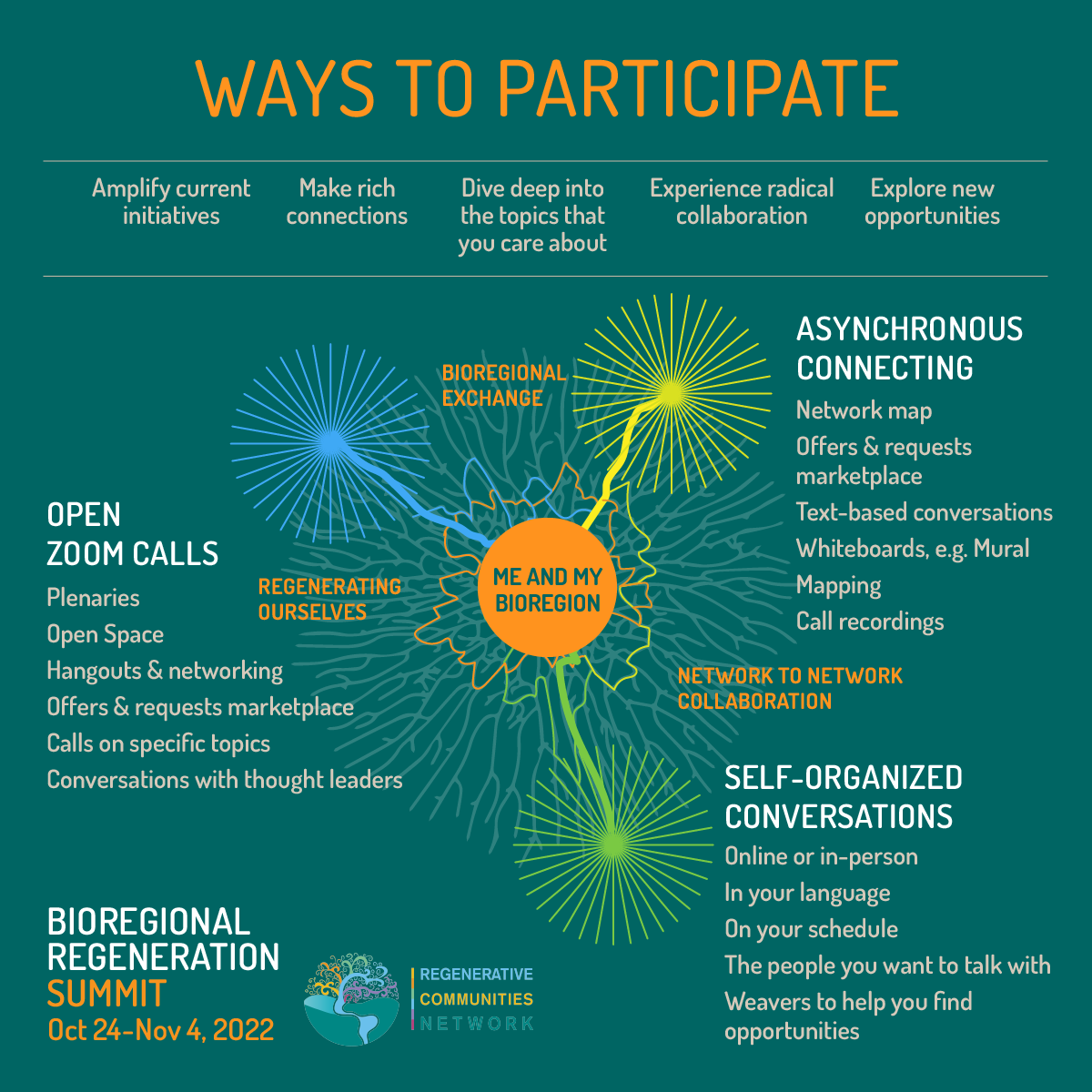Wolfgang Depner’s article offers helpful insights into how scholars and analysts are examining the misconceptions about bioregionalism. A comment blog by D.A.L., C-DoB Community Organizer.
Site Announcement: Turtle Island Bioregional Congress 11
The First Landscapes Showcase Event by Regenerate Cascadia
What does it look like to regenerate a landscape? For the past three months, 40 landscape stewards in 10 landscape groups (Greater Victoria, Fraser Lowlands, Mt. Olympus, Whatcom, Skagit, Whidbey, Vashon, Duwamish River Valley, Gorge and South Willamette Valley) have joined us for weekly sessions, presentations and gatherings as the first part of a year-long Landscape Hub Cultivator pilot. Learn more at https://regeneratecascadia.org
THURSDAY 5 FEB 2026
FRIDAY 6 FEB 2026
10 AM - 12 PM (PST) ONLINE
Attend both days or one, register, and the recordings will be sent to you!
Day One: Thursday, Feb 5, 12-2pm | Duwamish River Valley, The Gorge, Whidbey Island, Greater Victoria, Fraser Lowland | Register: https://luma.com/3lcakuk4
Day Two: Friday, Feb 6, 12-2pm | Skagit, Whatcom, South Willamette Valley, Vashon, Mt. Olympus | Register: https://luma.com/t93yqfjb
To celebrate the end of this first phase, Regenerate Cascadia is inviting everyone to join for a Landscape Showcase, to come meet, see and learn more about the incredible diversity and wealth of knowledge, wisdom and dedication being held by this growing network.
Announcing the Launch of the Landscape Hub Cultivator, a project of Regenerate Cascadia
The Landscape Hub Cultivator is a structured cohort-based community of practice. Each Landscape Group will be represented by 2–3 Landscape Stewards who will participate in bi-weekly online learning sessions, peer exchange, mentorship, and applied activities. Together, participants will explore how to interrupt extractive systems, practice participatory governance, and build the infrastructure needed to attract and steward regenerative funding.
Bioregioning How to Thrive Where We Live: Tuesday, September 30 at 10am on Zoom
Our executive director, Brandon Letsinger is excited to be one of the panelists for this event: Bioregioning - How to Thrive Where We Live: Tuesday, September 30 at 10am on Zoom along with Lyla June and Samantha Power, and hosted by Rob Dietz, Resilience.org and the post-carbon institute.
Break the System: 2025 Georgetown Steam Plant Science Fair
This fall, the Cascadia Department of Bioregion will proudly join innovators, artists, youth, engineers, and makers at the second annual Georgetown Steam Plant Science Fair, a celebration of SHTEAM (Science, History, Technology, Engineering, Art, and Math) and a rallying cry for system-wide transformation.
Bioregional Confluencing 2025: Ambling Toward Planetary Bioregional Congressing
As we face mounting ecological, social, and political challenges, one thing has become increasingly clear: top-down systems alone won’t save us. Regeneration begins from the ground up—through people organizing in place, building trust, and cultivating the relationships that make life flourish. That’s the spirit behind Bioregional Confluencing 2025, an ambitious global initiative to revitalize bioregional gatherings and reclaim the practice of congressing—an ancient and future-facing model of participatory governance.
Cascadia Cooperative Conference 2025
This summer, cooperative leaders, organizers, visionaries, and values-aligned businesses from across the Cascadia bioregion will gather in Seattle for the first-ever Cascadia Cooperative Conference (CCC)—a landmark event dedicated to deepening the roots and expanding the reach of the cooperative economy in the Pacific Northwest.
No Kings Day 2025: Cascadia Rises in Defense of People and Place
On June 14, 2025, more than 70,000 people flooded the streets of Seattle to join one of the largest demonstrations in the city’s history. The No Kings Day protest, part of a national day of action in over 80 cities, brought people together in response to the Trump administration’s militarization, ICE raids, attacks on public programs, and deepening disregard for human rights and constitutional limits.
Celebrating Cascadia Day 2025: A Living Culture Rooted in Place
Each year on May 18th, people across the Pacific Northwest and beyond gather to honor Cascadia Day—a celebration of bioregional identity, cultural diversity, ecological reverence, and community resilience. For me, this year’s Cascadia Day felt like a homecoming. Not just to a place, but to a purpose.
Highlights from the 2025 Cascadia BioFi Conference
From May 16–18, 2025, over 250 visionaries, organizers, artists, funders, and culture-shapers gathered at the historic Georgetown Steam Plant in Seattle for the inaugural Cascadia BioFi Conference—a gathering rooted in the question: How do we regenerate an entire bioregion?
Bioregional Sticker Packing Party at 9Zero
This week, the 9Zero Climate Innovation Hub in downtown Seattle was buzzing with action—and not the usual kind of startup hustle. On February 18th, a passionate crew of volunteers gathered for a bioregional sticker-packing party, and by the end of the day, 20,000 stickers were sorted, bundled, and prepped to ship across the bioregion.
Introducing Regenerate Cascadia | (Re)Activating a Bioregional Network
Cascadia Underground Post for March 2023
Grab a Cascadia Shirt or Hoodie! Just in time for the Holidays
Cascadia Bioregion Atlas: A Collaborative Student Atlas from Western Washington University
The Cascadia Bioregion Atlas is a collaboratively written living atlas of the Cascadia Bioregion created by GIS Certificate candidates at Western Washington University with guidance by Dr. Aquila Flower. New maps and datasets will be added in future academic years.
What is Bioregionalism? Great webcards using the DOB by the Alliance for a Viable Future
The Department of Bioregion is proud to be included in this post by Alliance for a Viable Future which also cites our executive director Brandon Letsinger. Check out more about their organization and learn more at: https://www.allianceforaviablefuture.org/
and give them a follow @allianceforaviablefuture
We were honored to be included in this post by Alliance for a Viable Future. Check out more about their organization and learn more at: https://www.allianceforaviablefuture.org/
and give them a follow @allianceforaviablefuture
Very Happy Dougsgiving! A Guide to Making Every Celebration a Bioregional One
Very happy holiday season fellow Cascadians!
During this time of year, we want to celebrate what our bioregion gives us, the wonderful people living here in a seasonal and sustainable way. Choosing even one of the following steps can be a great way to have a more bioregionally friendly, inclusive meal. For many this is a time of giving, of thanks, and of being near friends and loved ones. We’d like to take a moment and share some easy steps to make any family gathering or meal a bioregional one.
The Cascadia DOB is excited to present at this years Bioregional Regeneration Summit: Oct 24-Nov 4th 2022
It is the time for Bioregional Regeneration!
BIOREGIONAL REGENERATION SUMMIT
Oct 24- Nov 4, 2022
English & Español
Radical Collaboration between people and places.
Ways to share resources.
Peer to peer exchange of know-how and knowledge.
Regeneration of ourselves through a deep and authentic connection with Mother Earth.
REGISTER
The Cascadia Department of Bioregion will be excited to present “Why Bioregionalism Matters”. The time and day is still being confirmed, but stay tuned.
Why a Summit
In recent years, many networks, organizations, coalitions, and collaborations have emerged to support regeneration at a bioregional and “landscape” scale. We believe we are at a moment when there is a need for and widespread interest in possibilities for “radical collaboration” so that these diverse initiatives can begin to function as a global ecosystem--one that can navigate the complexity of working across scales, across the private, public, and grassroots domains, and across the many interconnected systems where regenerative work is being imagined and enacted. The Summit offers an open and flexible invitation for participants to explore four connected contexts for this radical collaboration: How global networks can support one another How bioregions can support one another How funding innovation can support bioregional scale regeneration How we can support our emotional, physical and spiritual resilience as individuals grappling with the existential threats of the climate crisis, biodiversity loss, economic and social injustice, political fragmentation, and other dimensions of Collapse.
How to join
This scale of working maps itself onto existing places and landscapes in order to provide a meaningful and effective infrastructure for human-scale organising. Bioregions are an age-old organising principle that is being upgraded for the present age by many experiments taking place across the world. Out of that ferment of activity are emerging initiatives for environmental, social and economic regeneration that are place-appropriate.
Registration
The Summit will happen in the Qiqochat platform. After registration you will receive an email with the access.
Agenda
The main agenda is a base to hold multiple conversations and connections. It can change during the event, go here often.
Donations
They are seeking an additional $15,000 to fully cover our time and expenses. Consider a donation of $25, $50, and $125.
Opportunity explorations
Invite people to engage throughout the Summit on a topic or activity you care about. Frame your exploration with background information, questions and/or activities, and a way to share outcomes. Your invitation will show up on the Summit network map where participants can indicate their interest and self-organize their engagement, with support from the Summit hosts and a team of “weavers.”
About the conveners
The Regenerative Communities Network is a global practitioner collaborative of bioregional networks along with individuals and organizations who share a commitment to place-based initiatives for environmental, social, and economic regeneration. Originally founded by the Capital Institute in 2018, the Network has been independent and managed by its members since the beginning of 2021. After a period of inwardly focused planning and organizing, this Summit represents the beginning of a new phase of outward-facing work in service to the broader movement of which RCN is a part, along with a plan to grow RCN’s membership and surface new possibilities for it to generate value for its network.
Your RCN hosts for this Summit are Melina Angel (Colombia Regenerativa); Isabel Carlisle (Bioregional Learning Centre UK) and Ben Roberts (Connecticut River Valley Bioregional Collaborative).



